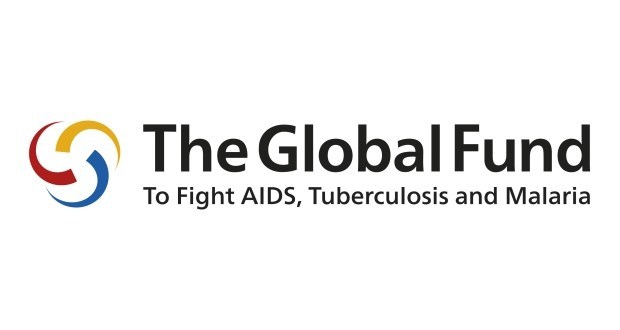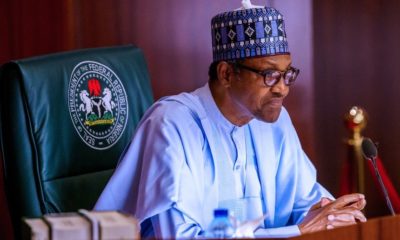The Senate Public Accounts Committee has sustained the query issued by the Auditor General for the Federation against the National Agency for the Control of AIDS.
The agency was indicted over its alleged failure to make available necessary records of its global funds for audit. The query was issued based on the 2016 Report of the AuGF currently being scrutinized by the Senate panel
The Chairman of the Committee, Senator Matthew Urhoghide, while ruling on the matter at the panel’s last sitting, last week, wondered why the management of NACA failed to submit its financial activities concerning global funds for perusal.
Urhoghide said his panel was interested in the financial activities surrounding the global fund such as the amount received and its utilisation.
The Director of Finance and Account of the agency, Nsikak Ebong, however, told the panel that the financial records of the global funds were available for necessary screening any day.
Ebong said, “The global fund grants records are always available for review. These documents have always been made available to audit or review on demand.”
The representative of the AuGF, Eyitatyo Ageshin, faulted the position of the DFA of NACA. He alleged that when his office requested the documents in 2016, the agency could not present them
He said, “The report was written in August 2016 and they responded on February 20, 2017, almost about seven months after.
“We asked them to respond within 21 days but they didn’t do that. When NACA responded after seven months, they simply said “This is noted.”
“That means that they agreed that they committed an error and you now said the records are ready and available for your (AuGF), office at your convenience.
“That means we should come to your (NACA) office again, the second time. We don’t have that time. We expected you to bring your records to the (AUgF) office because the onus is on you to defend that record. You didn’t bring it.”
Ruling on the matter, Urhoghide said, “There is no proof before us that gave details of what you got from global funds. DFA, you were there when this query was raised in 2016.
“Why don’t you bring the necessary documents that would show us what you got from the global fund? You were coming to the Senate to respond to the query raised against you and you didn’t bring any document to show us. We sustain the query.”
The query partly read, “The records of Global Fund with the Agency were not released for audit examination despite repeated demands.
“As a result, it was not possible to ascertain the total amount received from the Fund during the year to form an objective opinion on the judicious utilization of the money.
“All efforts to obtain the records, including explanations, were not successful.
“Similarly, the financial activities of the Global Fund such as amount received from the Fund and its utilization were not incorporated into the 2015 Financial Statements of the Agency, to form part of the agency‟s incomes and expenditure for the year.
“The Financial Statements of the agency are expected to disclose not only funds from the Federal Government of Nigeria, but also incomes from other sources such as the Global Fund, World Bank, and so on.
“Details of the utilisation of the funds should also be disclosed, to give complete information regarding the financial position of the agency and to avoid misleading the public.
“The Director-General did not respond to my report dated 29th August 2017. He should therefore be compelled to explain the incomplete financial statements. “



 Naira4 weeks ago
Naira4 weeks ago


 Naira3 weeks ago
Naira3 weeks ago


 News4 weeks ago
News4 weeks ago
 Travel4 weeks ago
Travel4 weeks ago




 Naira4 weeks ago
Naira4 weeks ago
 Naira3 weeks ago
Naira3 weeks ago


 Jobs3 weeks ago
Jobs3 weeks ago


 Travel3 weeks ago
Travel3 weeks ago












